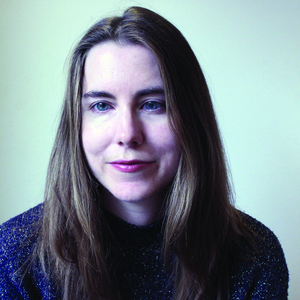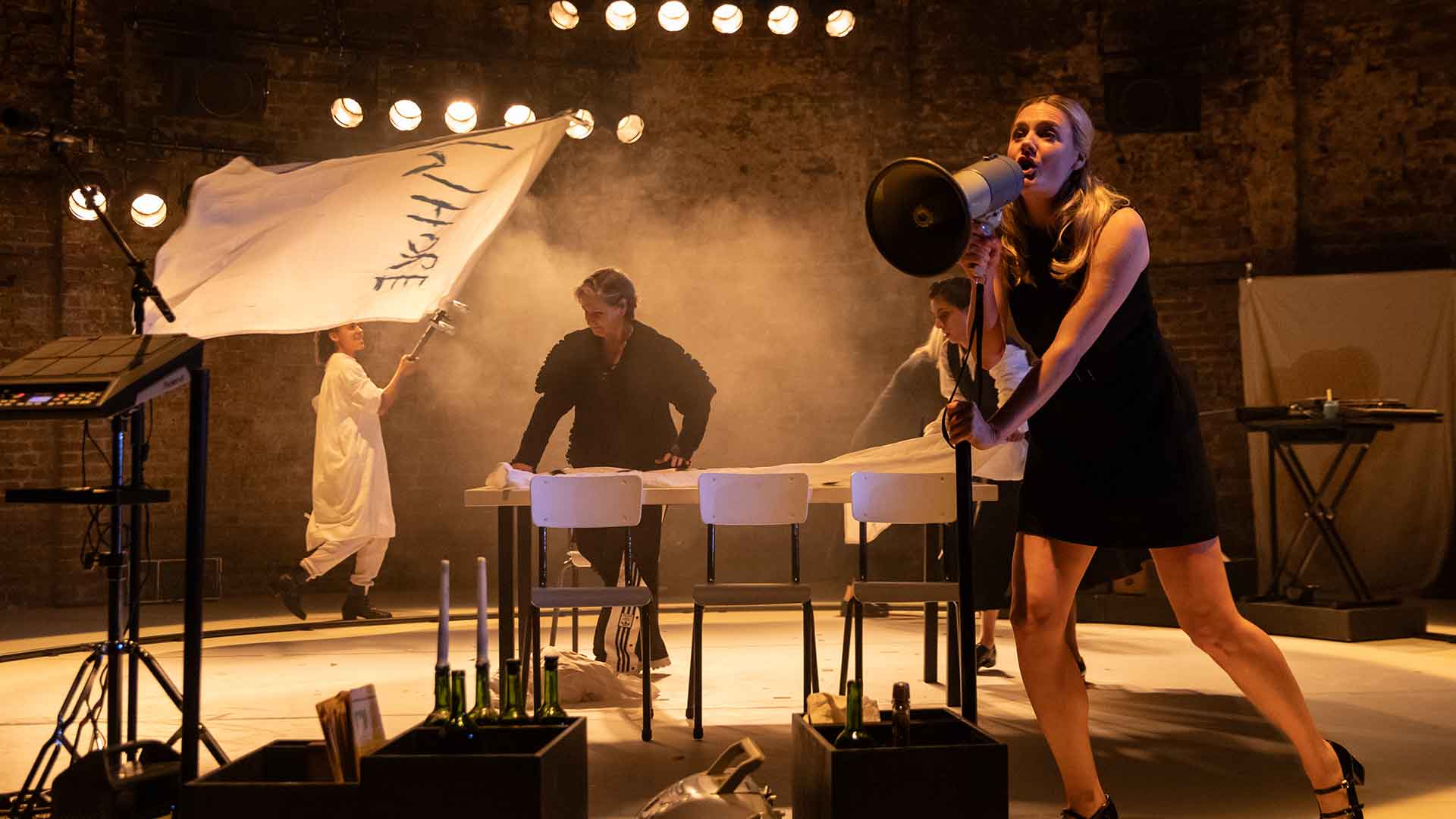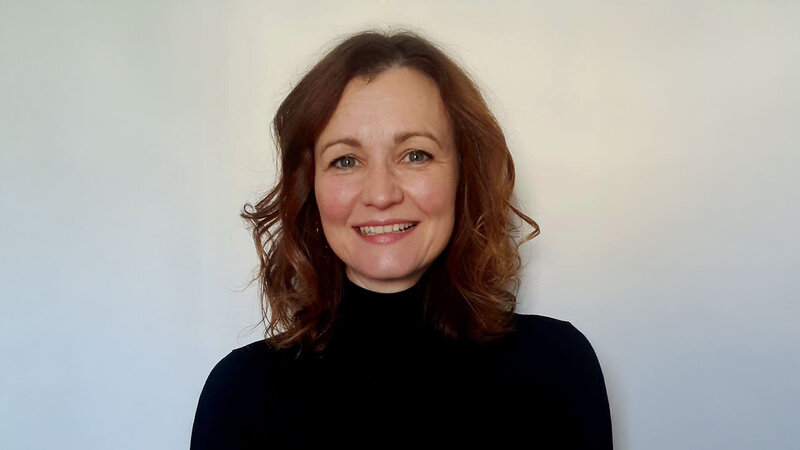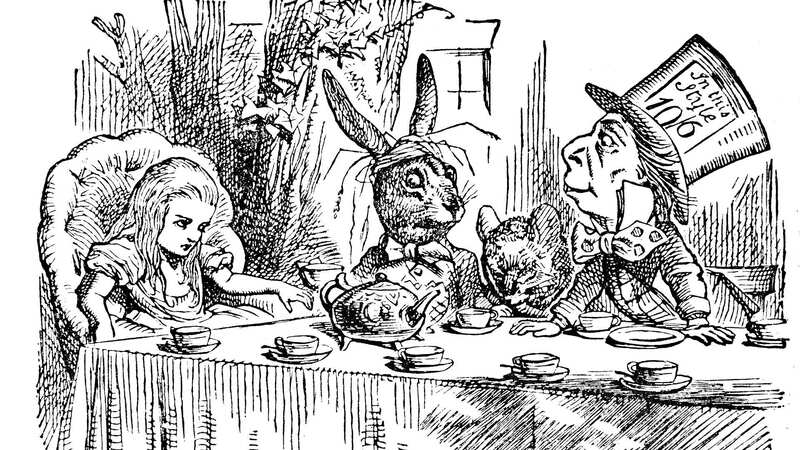You are viewing your 1 free article this month. Login to read more articles.
New Years
A new production of Annie Ernaux’s influential novel couldn’t be more timely.
The Years, by the Nobel-winning French author, Annie Ernaux, is at once a memoir and a document of a changing society, the story of one woman’s life and the story of many women of her generation. Spanning seven decades, it follows its protagonist from her post-war suburban childhood in 1940s France all the way up to the mid-2000s. It maps changes in women’s rights and societal position over the decades and depicts the impact that access to legal abortion and availability of contraception had on their lives.
The Years is written in a distinctive style with Ernaux using ‘we’ rather than ‘I’ throughout the novel. All of which makes the text a challenge to bring to the stage, yet director Eline Arbo’s production was one of the biggest critical successes of last year and is now transferring to the West End as a result. Arbo, the Norwegian artistic director of Internationaal Theater Amsterdam, first directed her own adaptation of the text at Het Nationale Theater in the Hague. Last summer the Almeida Theatre in London invited her to remount her original Dutch production with a British cast. Arbo’s solution to the novel’s distinctive formal approach is to have five actors of different ages – Gina McKee, Anjli Mohindra, Deborah Findlay, Romola Garai and Harmony Rose-Bremner – play the protagonist at different stages of her life. Arbo also fused together material from The Years with another of Ernaux’s books, Happening, an unflinching account of an abortion she had as a young woman in the 1960s before it was legal in France. On stage this scene, as frank in its language as Ernaux is in the book, resulted in fainting incidents in the audience when it was staged at the Almeida.
It’s a shocking scene but it should be – it’s an indictment of what happens when women don’t have access to safe and legal abortion. Arbo does not shy away from this but nor is the scene gratuitous and the critical response to her production was overwhelmingly positive. It received a slew of five-star reviews. Holly O’Mahony, writing for The Stage, called it “an exploration of womanhood that is as riveting as it is reflective, passionate yet void of sentimentality, and rebelliously sexual from start to finish”. Ernaux is, among many things, a chronicler of female desire and sexuality and the production honours this.
Watching this production now, in the aftermath of the trial of 50 men for the rape of Gisèle Pelicot, will no doubt give Arbo’s production an extra weight.
“There is so much emotional depth, surprise and theatrical virtuosity here that it holds you rapt across the ages,” wrote Arifa Akbar in the Guardian. Isobel Lewis, writing in the Independent, was moved to tears by “the emotional experience of seeing an entire existence lived on stage; a fairly unremarkable life made utterly remarkable”.
While Ernaux has been a big name in France for years, her 2022 Nobel win has made her an internationally recognised literary figure in her 80s with the consequent boost in sales. The Nobel win has prompted readers to explore her back catalogue. It probably also accounts for the uptick in stage adaptations of her work outside France. There have been versions of A Girl’s Story, Ernaux’s account of her summer spent working as a holiday camp instructor in Normandy, during which she slept with a man for the first time, at the legendary Comédie-Française in Paris, but also at the Schaubühne in Berlin. Director Laura Linnenbaum’s production of "The Happening" opened at the Berliner Ensemble in 2023 (there is also a French film version by director Audrey Diwan that predates the Nobel Prize and won the Golden Lion at the 2021 Venice film festival). A version of The Years opened at the Deutsches Nationaltheater Weimar in 2021 and since then there have been multiple other productions of The Years on the German-language theatre scene, while the German director Jette Steckel will direct another version, of what is arguably Ernaux’s magnum opus, at the Thalia Theater in Hamburg later this year.
Ernaux has spent her writing life engaged in a form of continuous auto-fiction, a documentation of the self but also of the times she has lived through. The increasing number of stage versions of her work, and by extension her life, are now adding a fascinating layer to this process.
Given the way The Years explores the shifting role of women within French society, watching this production now, in the aftermath of the trial of 50 men for the rape of Gisèle Pelicot, will no doubt give Arbo’s production an extra weight. It is certainly likely to make the audience’s experience of Ernaux’s journey and the way she’s had to negotiate patriarchal forces throughout her life all the more potent.
The Years is at the Harold Pinter Theatre, London, between 24th January and 19th April 2025


















